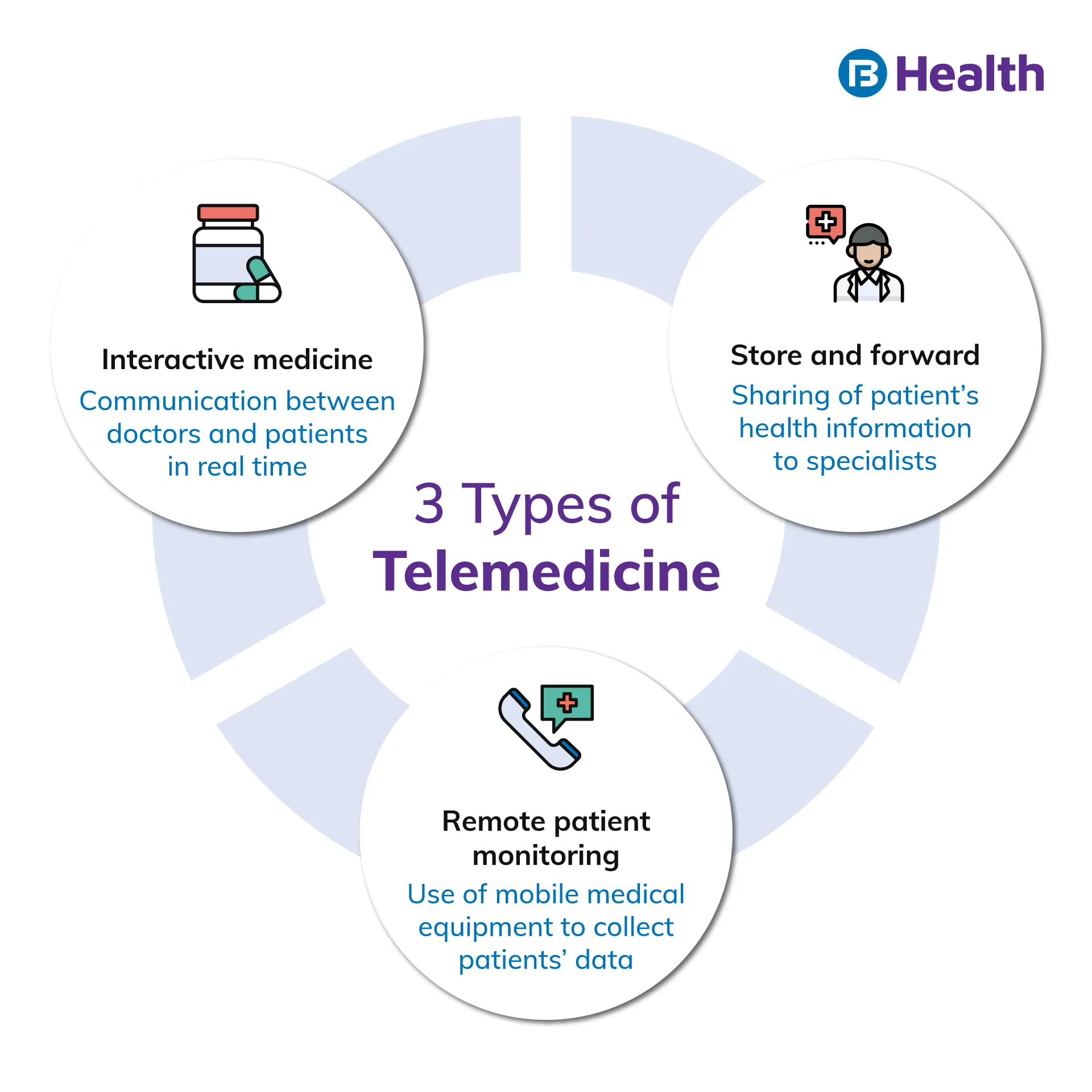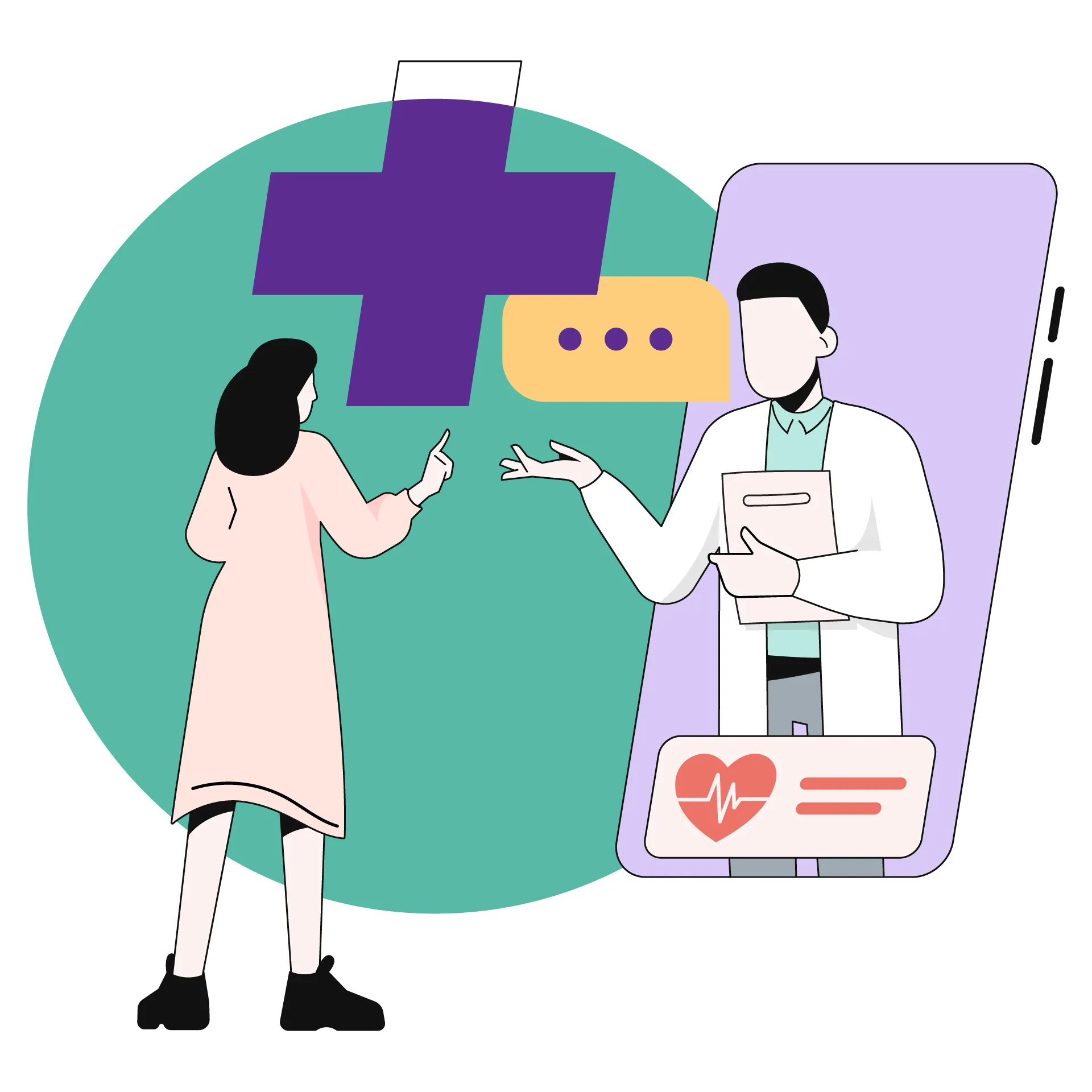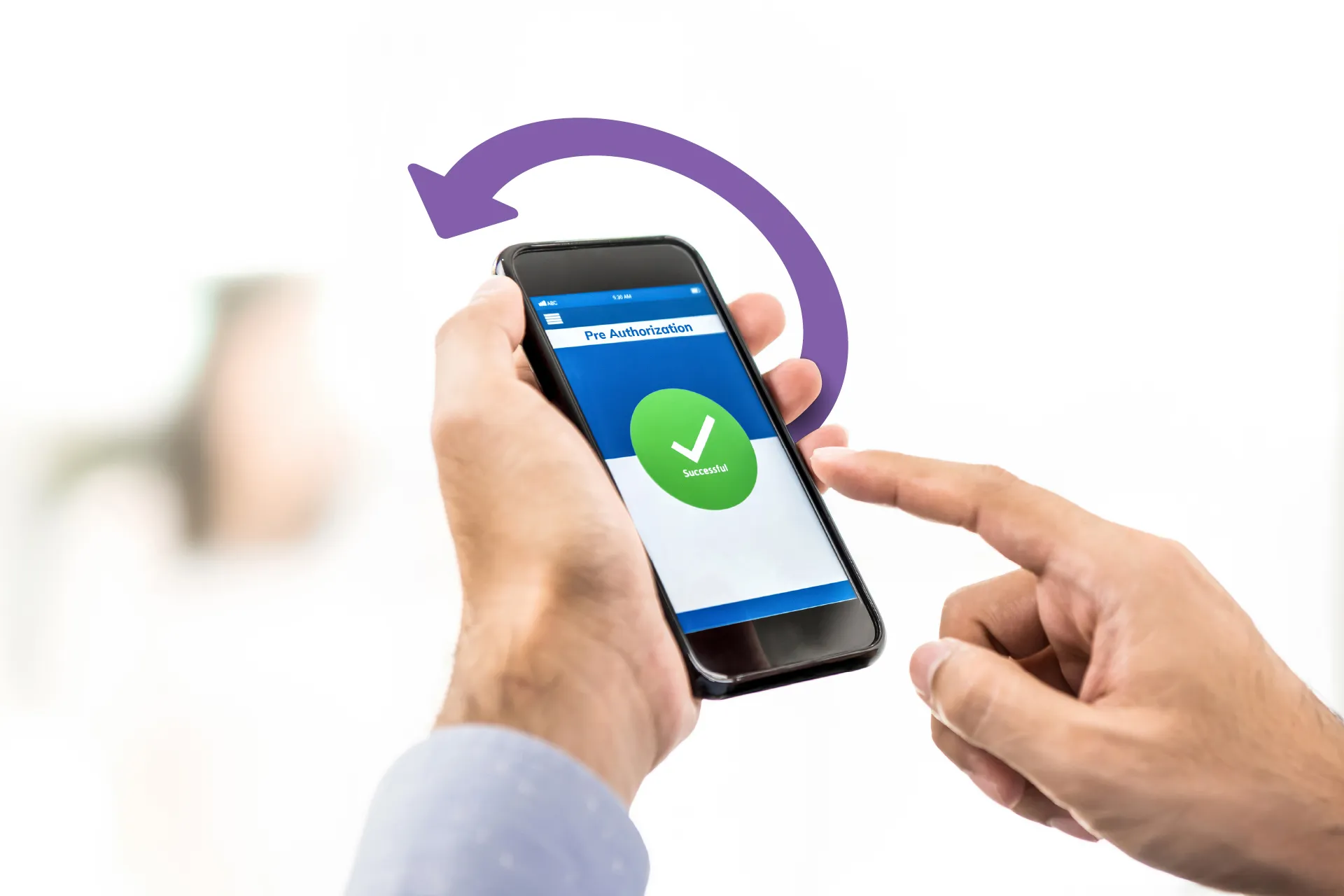Aarogya Care | 5 min read
How Does Telemedicine Help You Receive Medical Treatment Remotely?
Medically reviewed by
Table of Content
Key Takeaways
- Around 68.84% of the Indian population lives in rural areas
- Telemedicine gives access to medical services anytime, anywhere
- Telemedicine allows doctors to provide care using video conference
The equitable distribution of healthcare services is a major goal of public health management in India due to our large population. In fact, 75% of doctors practice in cities and towns. But 68.84% of the Indian population lives in rural areas [1]. So, there is a big gap in access to healthcare services. With technological advancements, healthcare’s reach is expanding through services like telemedicine.
The spread of COVID-19 around the world has made telemedicine the safest way that patients and medical practitioners can interact with each other [2]. It allows you to access medical services anytime and from anywhere. Read on to know more about it and learn how you can avail medical treatment remotely with ease.
Additional Read: What is telemedicineWhat is telemedicine?
Telemedicine is the practice of providing medical services through telecommunication technology. It involves the utilisation of digital devices like smartphones and computers. It usually uses the technology of video calling. Healthcare providers may also use phone calls, messaging, or email to offer medical care. This facility can also be called e-health or telehealth.
This progressive step in healthcare allows doctors to evaluate, diagnose, and prescribe treatment to the patients without physically meeting them. It facilitates real-time services and makes healthcare more accessible. You can avail medical services including primary care consultations, physical therapy, psychotherapy, and even certain emergency services through e-medicine.

What are the advantages of telemedicine?
Telemedicine makes medical services available to you at any time and from anywhere. It bridges the gap of medical care shortage for people living in rural areas. Here are its benefits for both patients and doctors:
- Telemedicine helps you save on costs during commuting and may also be cheaper than in-person consults. For healthcare providers, it helps lower overhead costs.
- It improves patient engagement thereby leading to better relations between the doctor and the patient. It further leads to better medical outcomes.
- Through telemedicine, you can access preventive care easily. This helps you maintain good health in the long term. A study on patients with coronary artery disease found telemedicine to be an effective tool for secondary prevention and improving health outcomes [3].
- You now have more privacy about your health issues as you can consult doctors from the comfort of your home.
- Telemedicine can be life-saving in critical situations as it reduces the waiting period to visit a doctor. It proves especially beneficial for people with disabilities, senior citizens, and those who are geographically isolated.
- Telemedicine prevents the risk of catching infection at the doctor’s office where you are surrounded by people who may be sick.
- As telemedicine, in some cases, is available 24/7, it can reduce the pressure on emergency departments. With this facility, you can access treatment anywhere and at any time.
- Monitoring patients with chronic and long-term health conditions become more effective with it.
What are the disadvantages of telemedicine?
Although it has promising benefits, it does have some drawbacks:
- Not all insurance companies cover telemedicine. However, more and more insurers are now covering the cost of teleconsults.
- There is a risk of hacking and other criminal theft of your medical data.
- Accessing treatment during emergencies becomes a problem or may be delayed. This is because lab tests and lifesaving procedures cannot be done digitally.
- Using the right digital platform may be a challenge for healthcare providers. Poor internet connection may also hinder the service.
- Not all doctors can practice telemedicine. Only registered medical practitioners with valid medical licenses can practice e-health services.
- Providing comprehensive care may become difficult in telemedicine. The healthcare provider has to depend on self-reports from the patients or has to ask more questions. The patient may forget a symptom that could have been noticed during in-person care. This can affect the treatment.
Telemedicine and COVID-19
During lockdowns and with more people staying at to prevent the spread of COVID-19, telemedicine plays an important role. You can get medical advice and prescriptions without stepping out of your home. This helps curb the spread of contagious diseases as you reduce your risk of coming in contact with infected people. Although there is a need for enhancing the processes to improve the experience, telemedicine surely does have a prominent role to play now and in the future.
How to seek treatment with telemedicine?
Here are some ways you can access this service:
A registered doctor or hospital
You can talk to a licenced doctor or a hospital about availing telemedicine services. Some doctors or hospitals may need you to pre-register on their portal or app. Others may need you to make an online payment and then confirm an appointment using a messaging app.
Online telemedicine providers
There are many websites and apps that provide access to telemedicine services. Such sites usually list practitioners by speciality and reviews. You can easily register with online providers to book teleconsults.
Health insurance cover
Once you decide to avail of telemedicine services, buy a health insurance policy that covers such expenses. From October 2020, the IRDAI has allowed you to claim expenses of teleconsultations if your policy covers OPD costs and pre or post hospitalisation expenses.
Additional Read: What are the Things to be Cautious with Telemedicine?Getting health insurance with telemedicine benefits is your safest bet to protect your health affordably. Check the Complete Health Solution plans offered by Bajaj Finserv Health to experience this benefit and more. With these plans, you can teleconsult with doctors of your choice and get reimbursed. You also get lab test benefits up to Rs.17,000 and network partner discounts of up to 10%. So, sign up today, enjoy the benefits of remote healthcare, and never let your health take a backseat!
References
- https://www.ncbi.nlm.nih.gov/pmc/articles/PMC6618173/
- https://www.hindawi.com/journals/jdr/2020/9036847/
- https://journals.lww.com/jcrjournal/Abstract/2012/01000/Evaluation_of_a_Telemedicine_Service_for_the.4.aspx
Disclaimer
Please note that this article is solely meant for informational purposes and Bajaj Finserv Health Limited (“BFHL”) does not shoulder any responsibility of the views/advice/information expressed/given by the writer/reviewer/originator. This article should not be considered as a substitute for any medical advice, diagnosis or treatment. Always consult with your trusted physician/qualified healthcare professional to evaluate your medical condition. The above article has been reviewed by a qualified doctor and BFHL is not responsible for any damages for any information or services provided by any third party.








